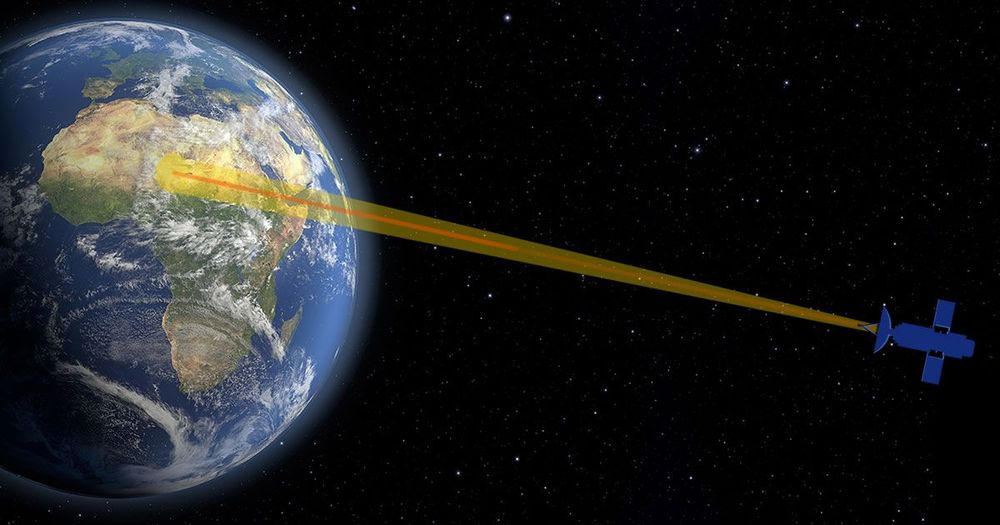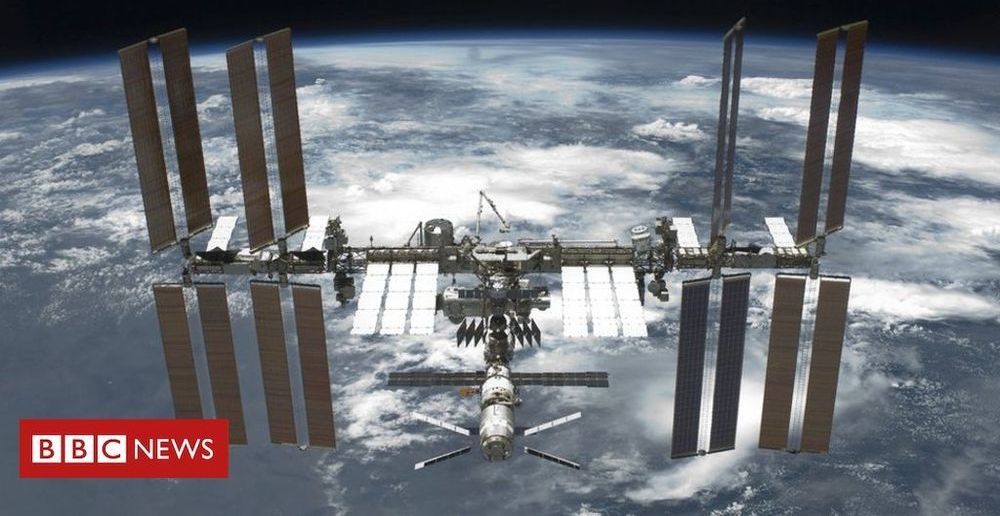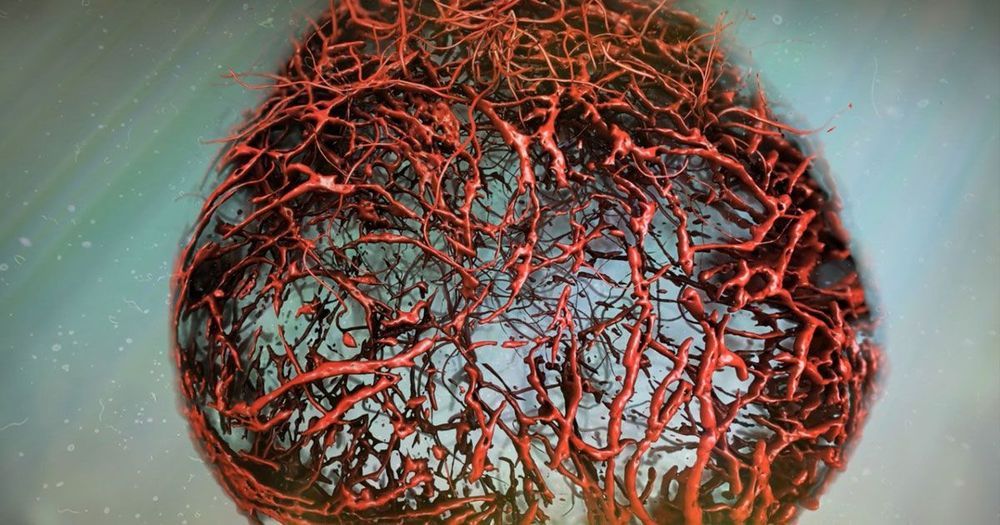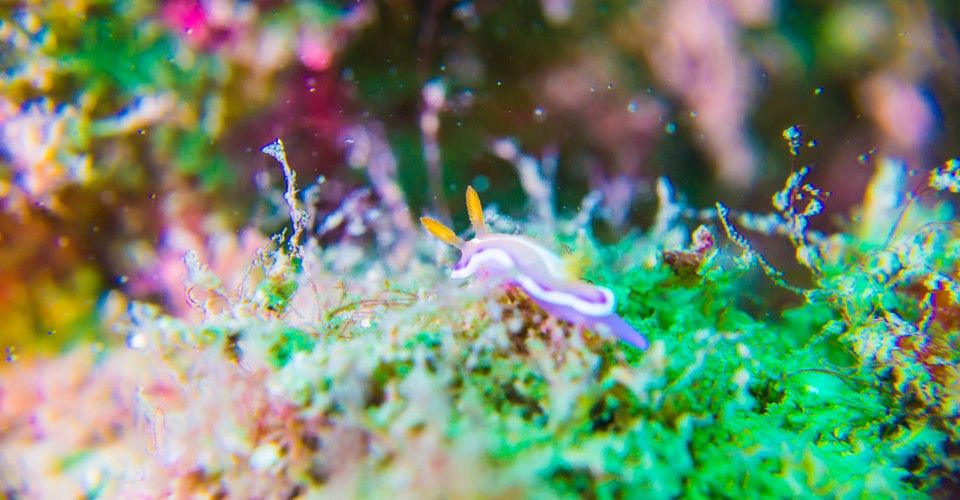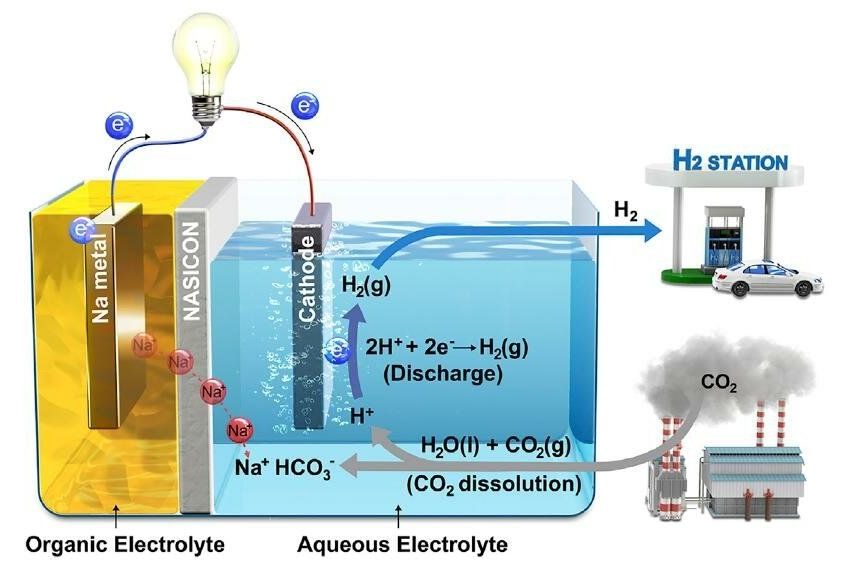
Over the past 100 hundred years, the average human lifespan has increased dramatically, thanks to exponential advancements in science and technology. While living to 80, 90, and even 100 is a possibility, humans have long been in search of the ultimate discovery – immortality.
In order to achieve immortality, scientists have identified four key issues that must be overcome. These include telomere shortening, chronological aging, oxidative stress, and glycation. If these could be drastically reduced or even eliminated, immortality may just be in our reach. However, there are some promising technologies that are prolonging the human lifespan right now, and could eventually lead us to immortality.
It is definitely a creepy a concept to think about, but studies have shown that regular blood transfusions sourced can extend the human lifespan by 10–20 years. Scientists have found that a protein called GDF11 is very common in the blood of young mice, and has been shown to increase skeletal muscle and increase heart strength. This protein has been deemed to have anti-aging properties, making it a promising technology in extending human lifespan.
Continue reading “How Close are We to Achieving Immortality?” »

